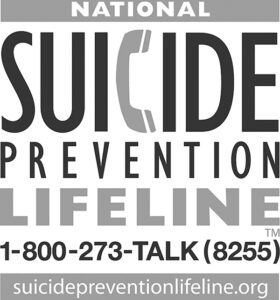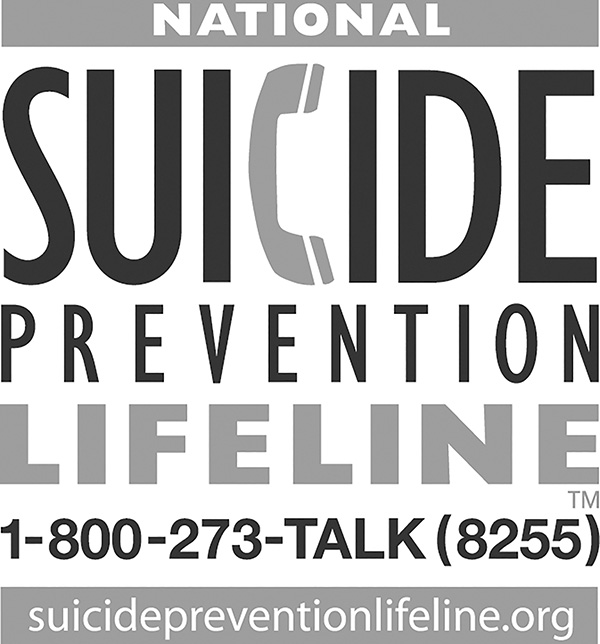By J.D. EDDY, Editorial Editor

Most students in college suffer from some sort of anxiety or low-level depression symptoms. Being able to face these problems up front is not something a lot of students will discuss openly.
Identifying these disorders in individuals, especially depression, is complicated because most people try to hide that they are struggling with something. This is prevalent among men more than others. It is the standard that men are masculine and tough.
According to the website for Elon College, “In addition to experiencing higher suicide rates, chronic depression in males, especially at colleges, often goes untreated.” This is from a published paper that states some of the same thoughts I had about the problem.
There have been times in my life when I have been down. I thought that there was no end to the things that were thrown my way.
The only thing that helps is having a support group, but as I stated earlier, most men do not want to open up about sensitive things.
No man wants to admit that he is struggling. It goes against everything that we have been taught to be: strong, able to withstand everything and be there for others in our life. Even if those others are not there for us.
Being able to speak up about what is going on with you mentally is not something that makes you weak or less of a man. Actually, it shows just how strong you are.
The Elon University research paper takes an in-depth look at the rates among men, including depression, anxiety, suicide rates and support systems.
Going off that, I want to switch it and talk about the female perspective, not that I know much about because I am a male. I want to use the stats that I have looked up.
According to the website for the National Library of Medicine, “Anxiety turned out to be the most prevalent and serious issue for college students, especially for female students.” This shows that men aren’t the only ones who have problems that relate to the mental side of things.
This whole study was done to compare gender differences over four academic years, which is a decent amount of research done to discuss this topic. Being that males won’t talk about their problems as much, what I can see is that women are more comfortable discussing this openly.
This sounds like I am being a little bit one-sided, saying that women don’t have the same problems with depression and anxiety that men have. That’s not it. I have more personal experience dealing with these issues. Women have it the same, with the exception being that they will talk to someone almost immediately.
It could be because of a societal norm, environmental factors, biological factors or just because men are more stubborn. That is why the rate for men against women with depression is so much lower, but the suicide rate is much higher with men than women.
According to the website for the American Foundation for Suicide Prevention, 69.68% of suicides were white males, while females made up 20.2% of all suicide attempts. The site also states that females were more open to treatment than males – almost 40% more than males.
This shows that females are more open to talking about their problems. However, this does not account for the self-harm rate that’s shown.
All of these statistics and percentages show that it is better to speak up about depression or anxiety rather than the alternative, which is to slowly decline. If you are struggling, get some help, and speak to someone about it.
Many students in college struggle with depression or anxiety from a variety of sources: being away from home for the first time, tougher coursework compared to high school, friend troubles, family troubles or falling grades.
Tell someone if something is going on. If you don’t want to speak to someone in-person, here are some numbers you can call. They’re anonymous and won’t be published: National Suicide Prevention Lifeline, 800-273-8255; National Grad Crisis Line 877-472-3457; and the Substance Abuse and Mental Health Services Hotline, 800-662-4357.

